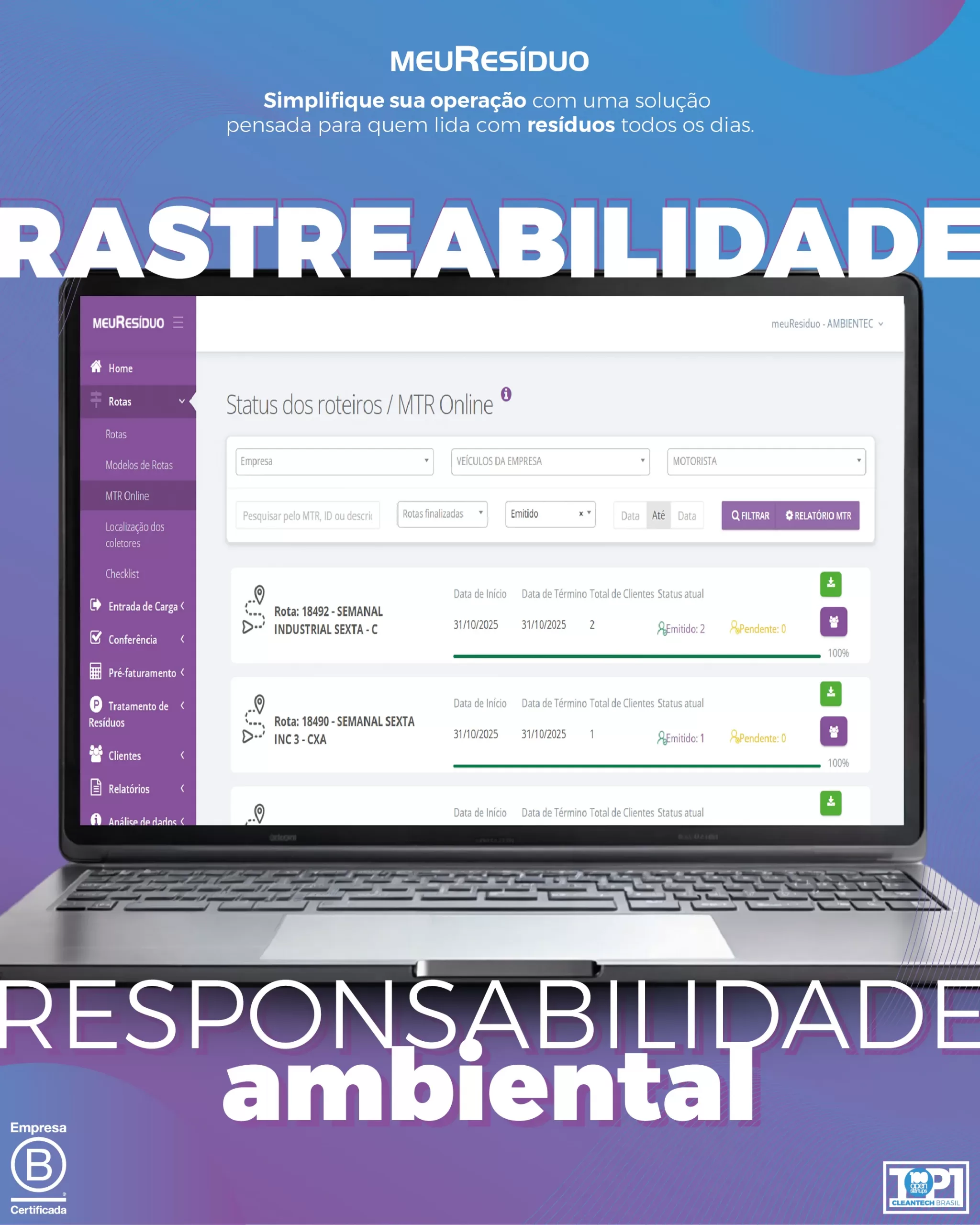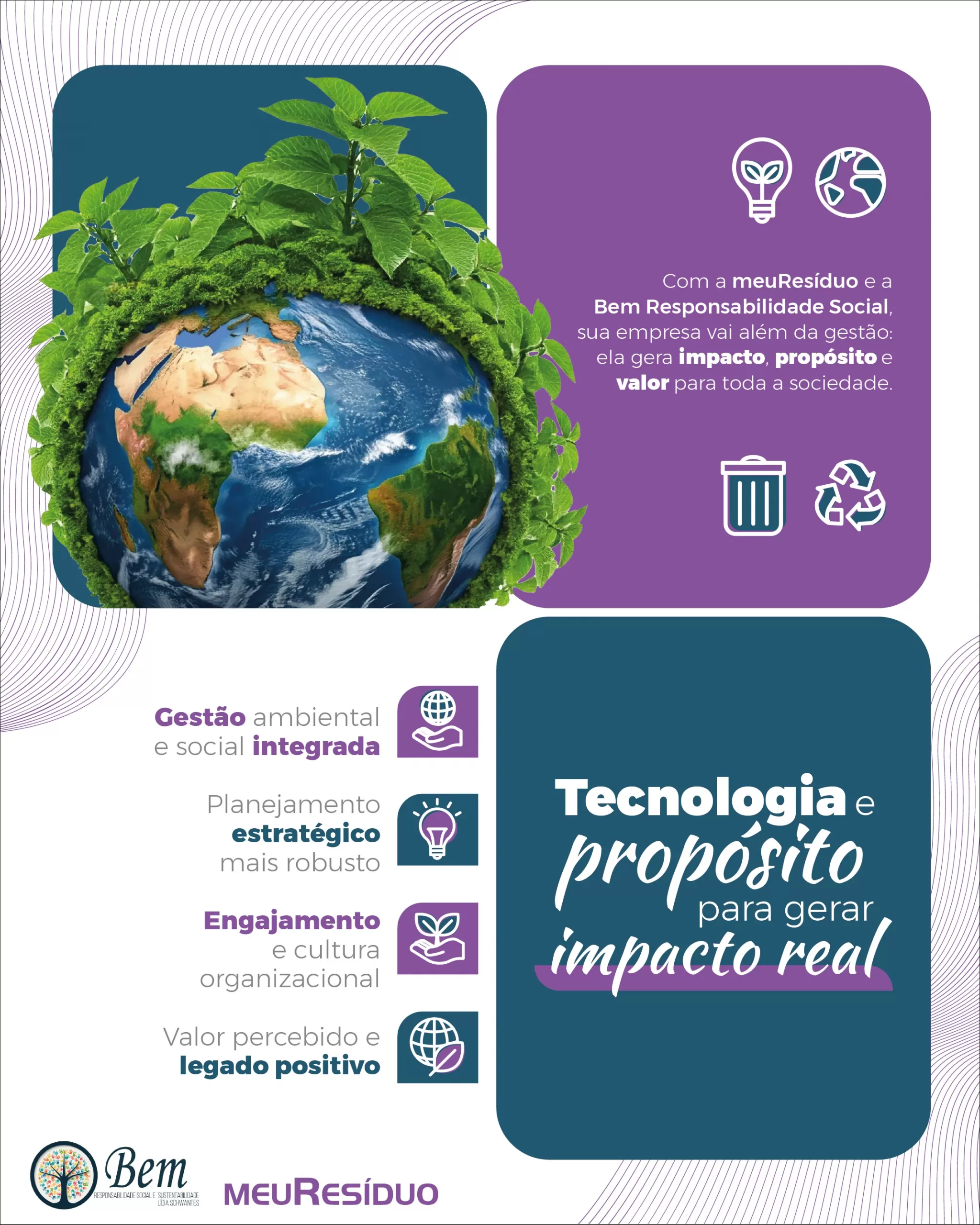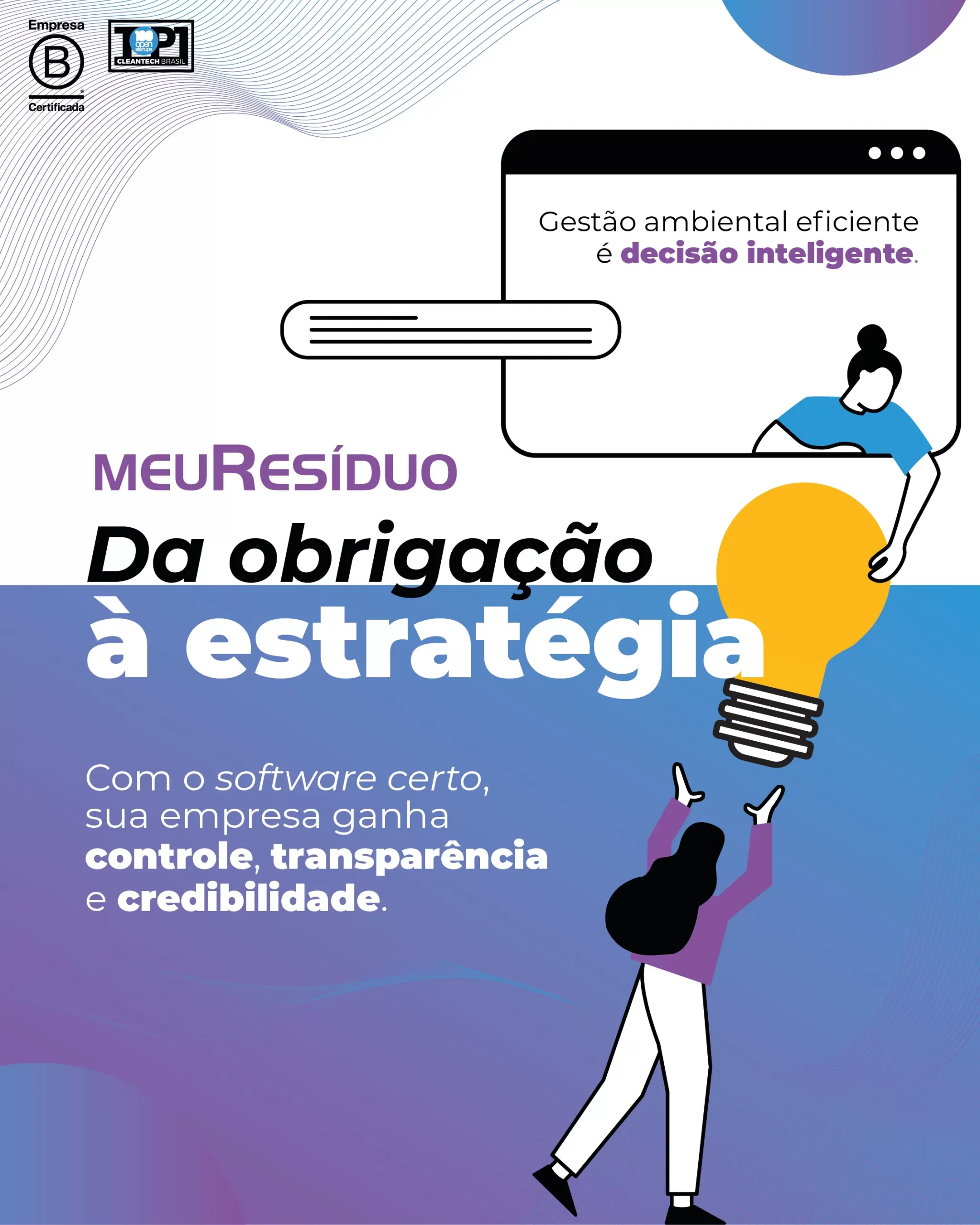
Recycling means reusing used products as raw material. The more you recycle, the more you are contributing to preserve the environment.
RECYCLING
It is the activity of transforming used materials into new products that can be marketed. Example: old papers return to industries and are transformed into new sheets.
– Recycling saves energy
Once the manufacturer does not have to produce something new using raw material from natural resources. Using recycled materials saves energy consumerism, which maintains low production costs. Each reused aluminum can generates a savings economy equal to the consuming of a TV during three hours.
– Recycling preserves many natural resources
Recycling a ton of plastic saves 130 kg of petroleum, a natural resource that can run out in less than 40 years. In Brazil, we consume more than 6 million tons of plastic a year, but only 21% is recycled.
– Recycling avoids intoxication
Cell phone batteries or batteries liberate toxic components like cadmium, lead and mercury, that can contaminate the soil and the water. These substances can be prejudiced to health and intoxicate the liver, kidneys and lungs. It is due to it that they must be discarded appropriately and not on the normal trash.
– Recycling generates jobs
Only in Brazil, the industry of recycling employs more than 500 thousand people, directly or indirectly, from collectors to craftsmen. A study from Friedrich Ebert Stiftung Foundation, in Israel, revealed that recycling generates an average of 5 jobs to each thousand tons.
– Recycling helps on the soil conservation
Even with the Solid Waste National Politics, a good part of the litter produced in Brazil is still destinated to the landfills, places where the litter keeps exposed in the open sky, without the appropriate treatment, easily contaminating the soil and the groundwater. Increasing the quantity of recycled waste means also to diminish the quantity of waste discarded inappropriately, saving the soil that keeps unused after the contamination.
– Recycling avoids flood
A soda plastic bottle can take a million years to decompose. Recycling, you do not allow this material to accumulate in the rivers, provoking floods. A good part of the floods is caused by the excess of litter clogging the manholes. Diminishing the excess of litter is essential to fight floods in the cities.
Contributions of recycling to nature:
50 kg of old paper = one tree saved
1.000 kg of recycled paper = 20 trees saved
1.000 kg of recycled glass = 1.300 kg of extracted sand saved
1.000 kg of recycled plastic = thousands of litters of petroleum saved
1.000 kg of recycled aluminum = 5.000 kg of extracted ores saved
WASTE MINIMIZATION
The 3 Rs;
- Reducing the litter avoids the waste, after
- Reuse everything that is possible before throwing out and only then send to
- Recycling.
Recycling is contributing with the environmental preservation and people’s life quality. Each one has to do their part separating the recycling trash from the non-recycling and discarding these wastes correctly.
Make part of a greener and more sustainable world!




